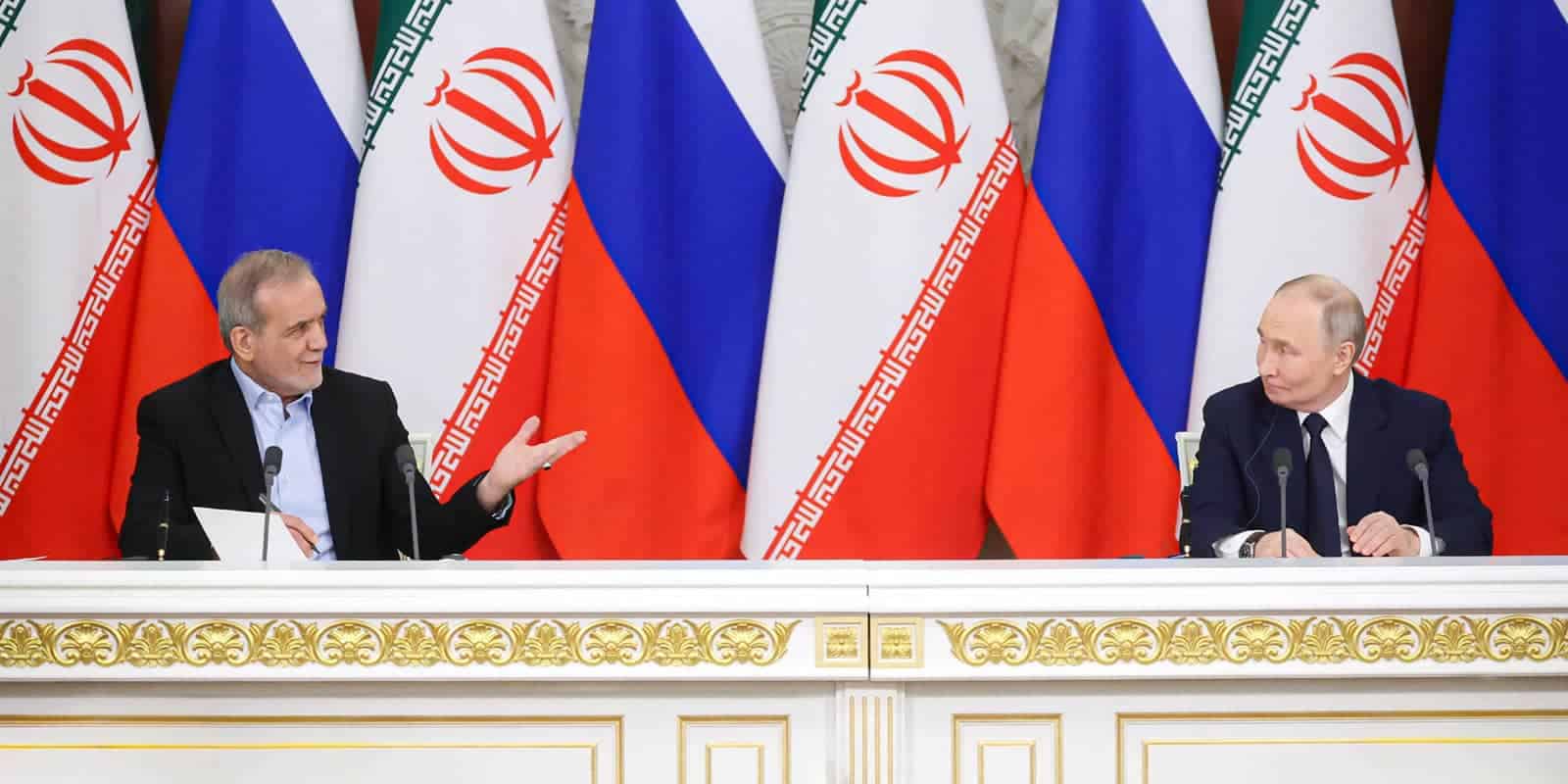
By Jinitzail Hernandez
The Israeli military and Hamas have been in a stand-off for months, as the so-called “March of Return” protests along the Gaza Strip border morphed into ongoing incidents of kite arson which, in turn, has led to the familiar pattern of tit-for-tat exchanges of Palestinian rocket fire and retaliatory strikes by the Israeli air force. The unending tension heralded by frequent air raid sirens and palpable frustration at the seeming inability to stem the violence has the civilian population and its army demanding that its vastly stronger fighting force eliminate what it defines as a terrorist organization and what Defense Minister Avigdor Liberman calls a bunch of “cannibals.”
If the Israeli government decided to overthrow Hamas a power vacuum would necessarily emerge and it is uncertain which group would move in to fill it, according to security analysts who spoke to The Media Line. In such an eventuality, the fear is that an even greater foe or threat could fill the void. Moreover, according to this line of thought, if the Israel Defense Forces eliminated Hamas, Israel would lose an effective way of policing the Gaza Strip. Additionally, when organizations in the enclave attack Israel, the IDF holds Hamas accountable, a policy that forces Gaza’s rulers to rein in those actors.
Nevertheless, following Sunday’s strikes by the IDF of some 40 Hamas targets in Gaza, the question naturally arises: why does the government not immediately green-light the destruction of such terror infrastructure if it is aware of its existence?
“[It is] better for Hamas to have a command structure,” Dr. Eran Lerman, a faculty member at Shalem College and Vice President of the Jerusalem Institute for Strategic Studies, told The Media Line. A retired IDF colonel, he contends that without this formal apparatus Israeli deterrence would be reduced as Hamas would have little to lose. Furthermore, without assets, it is possible that the terror group would quickly disintegrate or be overtaken by a competing entity that might be more anathema to Israel.
According to Dr. Lerman, Israel’s reticence to cross the fine line between a “proportional response” and complete invasion is compounded by a lack of desire to re-occupy Gaza, which would be a huge political and economic burden and undoubtedly generate a major diplomatic backlash.
Professor Gabriel Ben-Dor from the University of Haifa explained to The Media Line that the government prefers to expend these resources on combatting Iran, whose potential nuclearization is considered an existential threat. Also, he stressed, two organizations that could possibly be empowered by Hamas’ downfall are Islamic Jihad and the Popular Resistance Committees, both of which have closer ties to Tehran. Lastly, any major confrontation between Israel and Hamas would break Israel’s focus on curbing the Islamic Republic’s regional expansionism, particularly in Syria.
Security specialists who spoke to The Media Line almost uniformly agree that escalations like those over the weekend, when some 200 mortars were fired from Gaza into southern Israel, are driven by Hamas’ desire to test Israel’s limits.
“If Hamas is stupid enough to go into the lion’s den,” Dr. Lerman affirmed, then Israel may move to a stronger military response. However, he qualified, the apparent ceasefire that was reached demonstrates that Hamas is unwilling to press pass a certain point.
Nearly every observer believes that neither Israel nor Hamas is presently interested in a full-blown conflict, but they disagree on the IDF’s ability to maintain the current status quo.
Dr. Danny Tirza, a retired IDF colonel and Fellow at the Jerusalem Center for Public Affairs, contended to The Media Line that war is inevitable. As regards the potential elimination of Hamas, he expounded, “we don’t have to be afraid of doing it.”
On the flip side, Prof. Ben-Dor argues that the best chance for a long-term solution is to improve the humanitarian conditions in Gaza while pressing for Hamas’ demilitarization. This, coupled with an elusive Israeli-Palestinian peace process could, in time, lead to a breakthrough.
The Media Line, 16.07.2018















Hamas’s Battle with Gaza’s “Rogue Clans” in the Eyes of the Palestinian Public